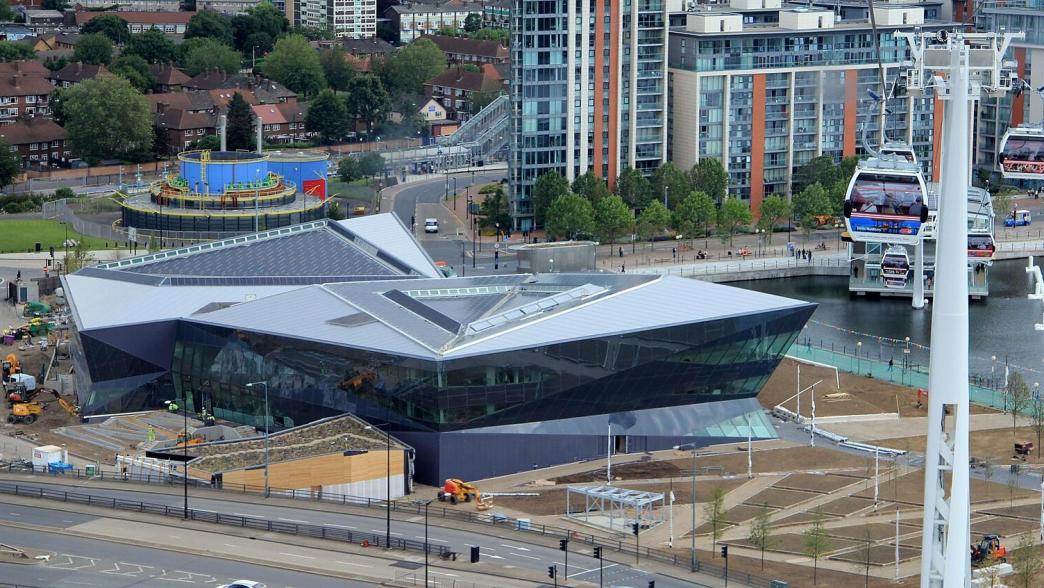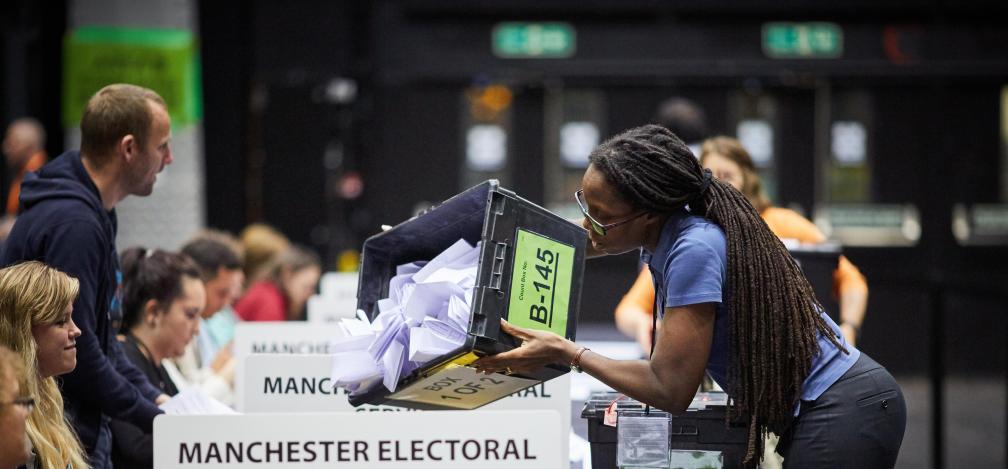Local elections 2024: the London Assembly
What does the London Assembly do and how are its members elected?

Local and mayoral elections 2024
On Thursday 2 May, voters across England and Wales went to the polls in a major set of mayoral and local elections. Keep up with our latest content, events and analysis on why these elections matter and their results.
Find out more